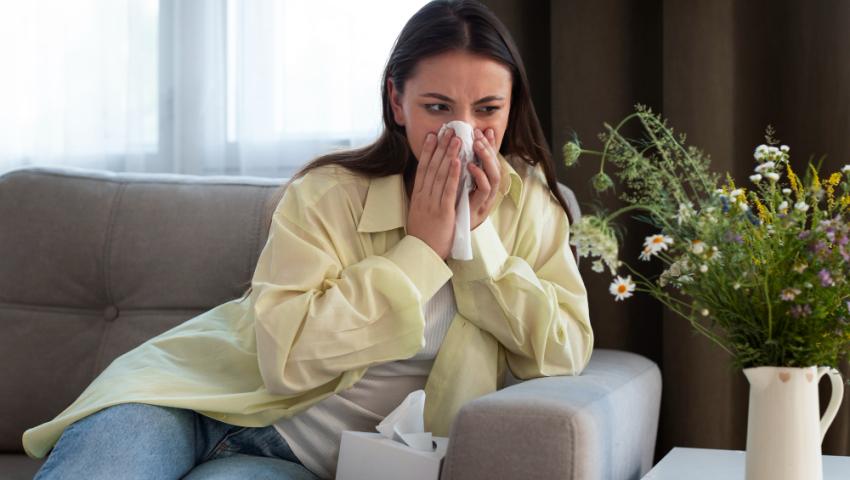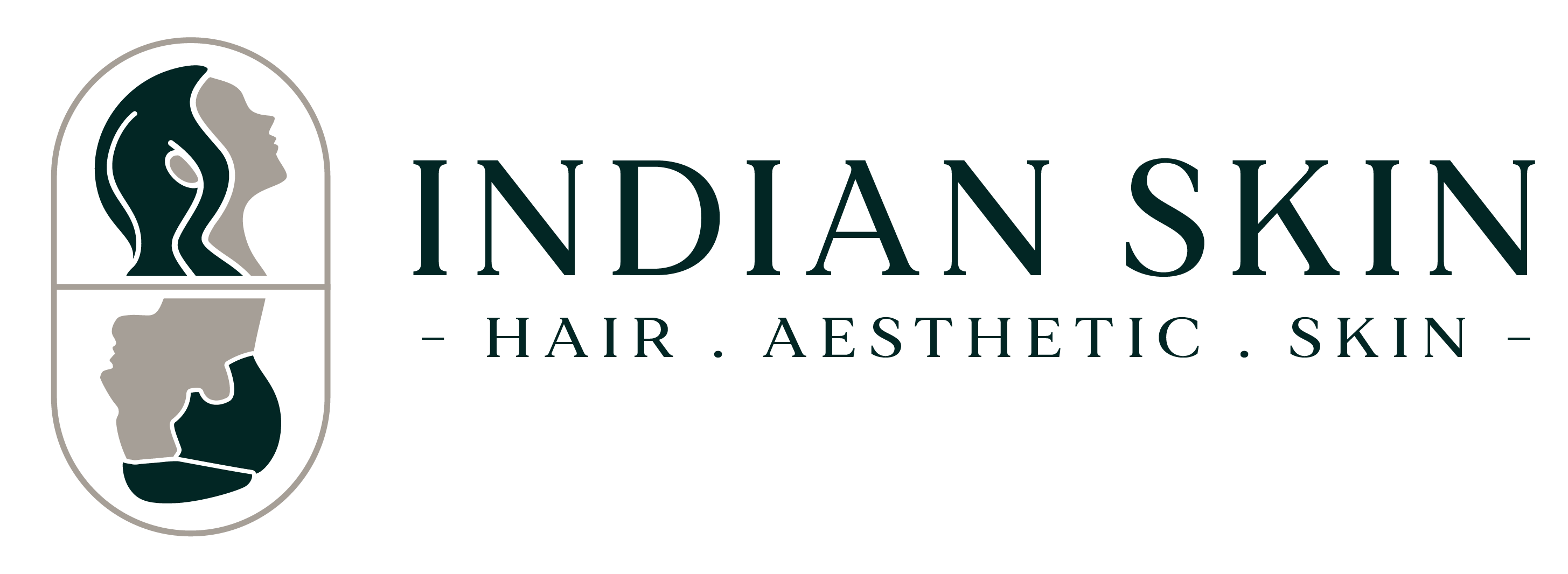
Allergies
Allergies occur when the immune system reacts to substances, called allergens, that are typically harmless to most people. These reactions can manifest on the skin, respiratory system, or other parts of the body. At Indian Skin Clinic, we specialize in diagnosing and managing skin allergies effectively under the expert care of Dr. Ayesha Faizan.
Common Skin Allergies
Skin allergies often appear as rashes, itching, or other irritations. The most common types include:
- Contact Dermatitis
- Triggered by direct contact with allergens or irritants like nickel, cosmetics, soaps, or certain plants.
- Symptoms: Redness, swelling, blisters, and itching.
- Atopic Dermatitis (Eczema)
- Often associated with a family history of asthma or hay fever.
- Symptoms: Chronic dry, itchy, and inflamed skin, commonly on the face, neck, and folds of the elbows or knees.
- Hives (Urticaria)
- Raised, itchy welts that appear suddenly, often due to food, medications, or insect bites.
- Acute hives resolve quickly, while chronic hives may last for months.
- Angioedema
- Swelling beneath the skin, often around the eyes, lips, and throat.
- Frequently associated with hives or an allergic reaction to medications, foods, or insect stings.
- Photosensitivity
- Allergic reactions triggered by sunlight combined with certain medications or topical agents.
- Symptoms: Red, itchy rashes or blisters in sun-exposed areas.
Diagnosis
Proper diagnosis is key to managing allergies effectively. We offer:
- Patch Testing: Identifies substances that trigger contact dermatitis by applying small amounts of allergens to your skin.
- Skin Prick Test: Checks for immediate allergic reactions to food, pollen, or animal dander.
- Blood Tests: Measures IgE antibodies to determine your body's allergic response.
- Clinical Assessment: Dr. Faizan will evaluate your medical history, lifestyle, and triggers to create a personalized treatment plan.
Treatment Options
1. Topical Medications
- Corticosteroid creams or ointments to reduce inflammation and itching.
- Barrier creams to protect sensitive skin.
2. Oral Medications
- Antihistamines: Help control itching and allergic reactions.
- Corticosteroids: For severe or widespread symptoms.
3. Immunotherapy
- For persistent or severe allergies, desensitization therapy can reduce the immune system's overreaction to allergens.
4. Lifestyle Changes
- Avoidance of identified allergens (e.g., wearing nickel-free jewelry, switching to hypoallergenic skincare products).
- Use of moisturizers to repair the skin barrier, especially in eczema.
5. Advanced Therapies
- For chronic conditions, we use advanced modalities like phototherapy (narrowband UVB light) to reduce symptoms.
Prevention Tips
- Identify and avoid known allergens.
- Use fragrance-free and hypoallergenic skin care products.
- Wear protective clothing and use sunscreen to avoid photosensitive reactions.
- Keep skin moisturized to maintain its natural barrier.
- Avoid scratching itchy areas to prevent worsening of symptoms.
Why Choose Indian Skin Clinic?
- Expert Care: Led by Dr. Ayesha Faizan, an experienced dermatologist with a focus on allergic skin conditions.
- Accurate Diagnosis: Comprehensive allergy testing for targeted treatment.
- Personalized Solutions: Tailored care plans to suit individual needs and triggers.
- Patient Success: Consistently high patient satisfaction and a trusted 4.9-star Google rating.
Don't let allergies hold you back. Schedule your consultation at Dharampeth, Gokulpeth, or Hingna and get started on the path to relief and healthy skin!
-
Expert Care by Dr. Ayesha Faiza
With over 14 years of experience, Dr. Ayesha Faizan has helped countless individuals achieve healthy, radiant skin and hair through personalized treatments designed for optimal results.
-
State-of-the-Art Technology
Equipped with the latest technology and minimally invasive techniques, our clinic ensures high standards of quality and care, delivering effective and safe results to every patient.
"Healthy skin is a reflection of overall wellness."
Dr. Ayesha Faizan, Dermatologistn
Benefits Of Our Services
With a patient-centric approach, our treatments inspire confidence and help you rediscover your inner beauty while prioritizing your overall well-being:
- Exceptional Care: Comprehensive services for your aesthetic and medical needs.
- Emergency-Ready: Equipped to handle complex procedures and surgeries.
- Advanced Medications: We use only the most effective, dermatologist-recommended treatments.
- Cutting-Edge Equipment: All treatments utilize FDA-approved technology for superior results.
At the Indian Skin Clinic, we’re committed to helping you look and feel your best with care that reflects your unique beauty.


